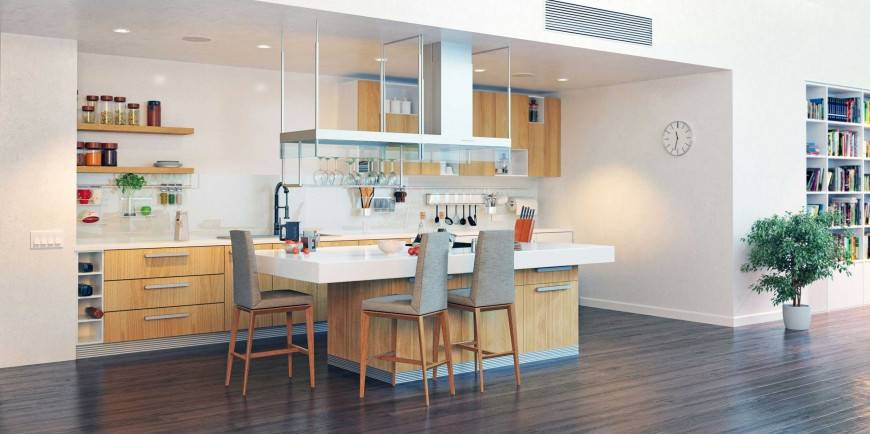THI CÔNG NỘI THẤT
DESCRIPTION
Interior design is “the art or process of designing the interior, often including the exterior, of a room or building.” An interior designer is someone who coordinates and manages such projects. Interior design is a multifaceted profession that includes conceptual development, communicating with the stakeholders of a project and the management and execution of the design.
Interior design is the process of shaping the experience of interior space, through the manipulation of special volume as well as surface treatment.
In the past, interiors were put together instinctively as a part of the process of building.The profession of interior design has been a consequence of the development of society and the complex architecture that has resulted from the development of industrial processes. The pursuit of effective use of space, user well-being and functional design has contributed to the development of the contemporary interior design profession. The profession of interior design is separate and distinct from the role of Interior Decorator, a term commonly used in the US. The term is less common in the UK where the profession of interior design is still unregulated and therefore, strictly speaking, not yet officially a profession.
SERVICE BROCHURE

By the turn of the 20th century, amateur advisors and publications were increasingly challenging the monopoly that the large retail companies had on interior design. English feminist author Mary Haweis wrote a series of widely read essays in the 1880s in which she derided the eagerness with which aspiring middle-class people furnished their houses according to the rigid models offered to them by the retailers.
Interior designer implies that there is more of an emphasis on planning, functional design and the effective use of space, as compared to interior decorating. An interior designer can undertake projects that include arranging the basic layout of spaces within a building as well as projects that require an understanding of technical issues such as window and door positioning, acoustics, and lighting.[1] Although an interior designer may create the layout of a space, they may not alter load-bearing walls without having their designs stamped for approval by a structural engineer. Interior designers often work directly with architectural firms.
Residential design is the design of the interior of private residences. As this type design is very specific for individual situations, the needs and wants of the individual are paramount in this area of interior design.
There are various paths that one can take to become a professional interior designer. All of these paths involve some form of training. Working with a successful professional designer is an informal method of training and has previously been the most common method of education. In many states, however, this path alone cannot lead to licensing as a professional interior designer. Training through an institution such as a college, art or design school or university is a more formal route to professional practice.
I am text block. Click edit button to change this text. Lorem ipsum dolor sit amet, consectetur adipiscing elit. Ut elit tellus, luctus nec ullamcorper mattis, pulvinar dapibus leo.

















